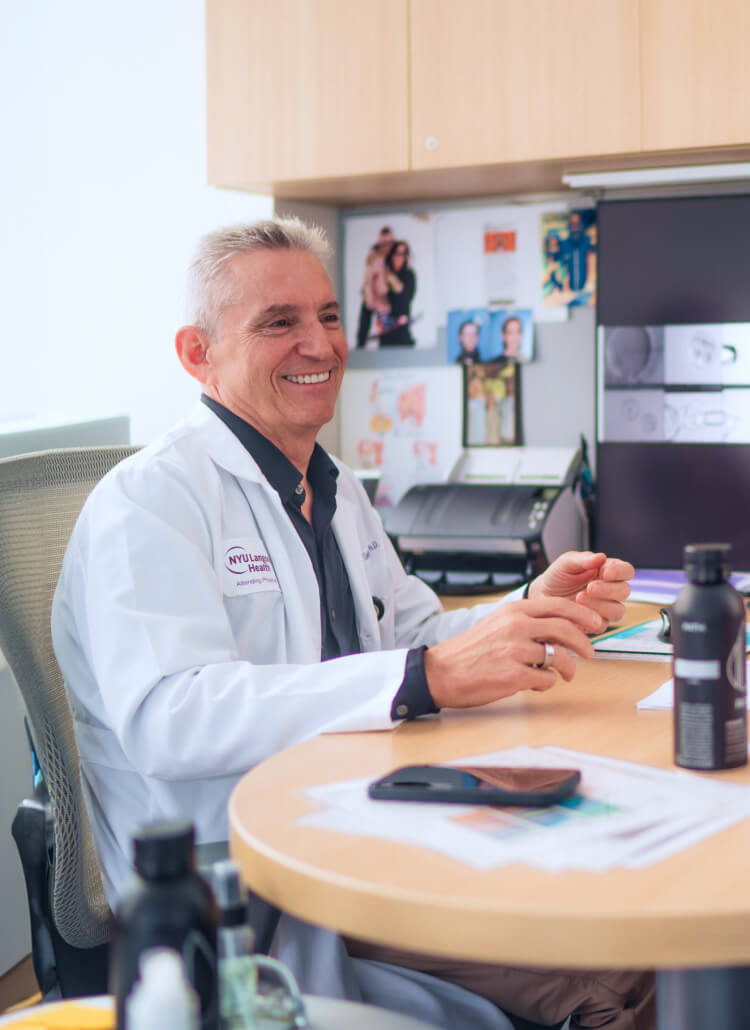The egg retrieval is the culmination of the ovarian stimulation process and is the final step of the IVF or Egg Freezing cycle.
In each scenario, the egg retrieval marks the end of the ovarian stimulation process. Whether you go on to create embryos immediately, or you choose to freeze your eggs for future use, you can feel confident that you’ve placed your trust in one of the most experienced teams in the United States. At NYU Langone Fertility Center, our outcomes speak to our expertise at each step of the fertility journey.
Patient Orientation Classes
Patients undergoing the in vitro fertilization (IVF) or egg freezing process at NYU Langone Fertility Center are required to attend an orientation session led by a member of our nursing staff prior to beginning the first cycle. Patients’ partners (if applicable) are encouraged to join the orientation if possible.
Please note: completion of an IVF or egg freezing cycle at another fertility center does not remove this obligation. All patients completing their first IVF or egg freezing cycle at NYU Langone Fertility Center must participate in this orientation. Orientation classes are held multiple times each week and are hosted on WebEx.
All patients will receive the appropriate consent forms (as determined by the type of treatment) by email prior to their scheduled orientation session. The NYU Langone Fertility Center orientation provides an overview of the upcoming cycle, along with a roadmap of our unique policies, financial and procedural information, consent documentation, and key staff contact information. After the orientation, patients have the opportunity to connect 1:1 with members of the nursing team to discuss their care plan and medication treatment protocol, and/or to speak with our billing and financial representatives to review and resolve any final payment questions.



